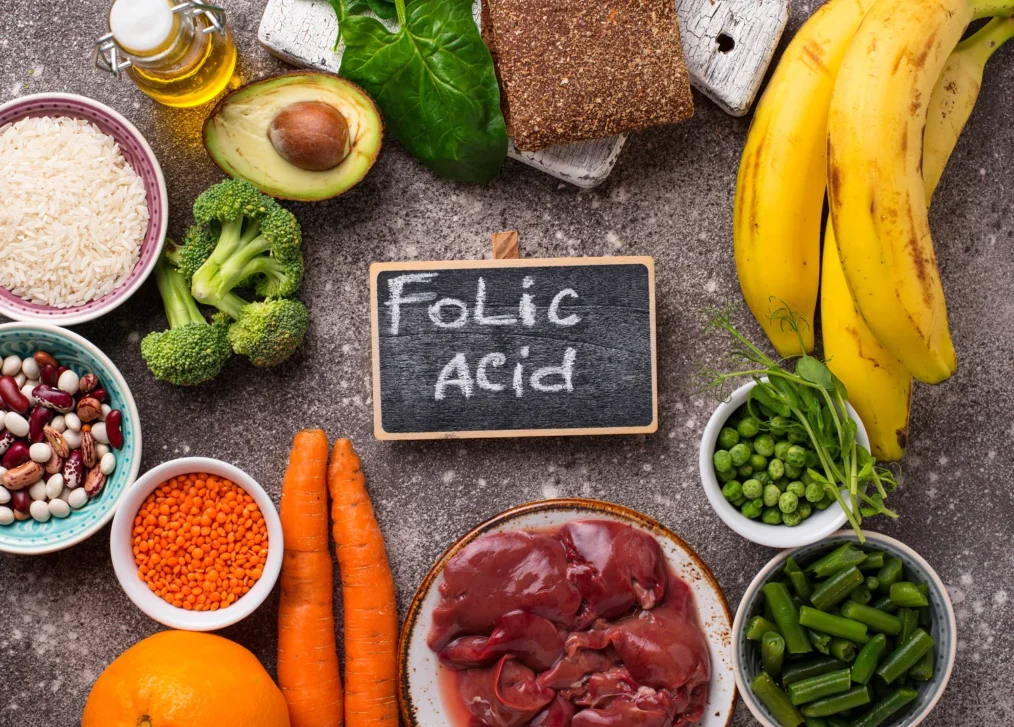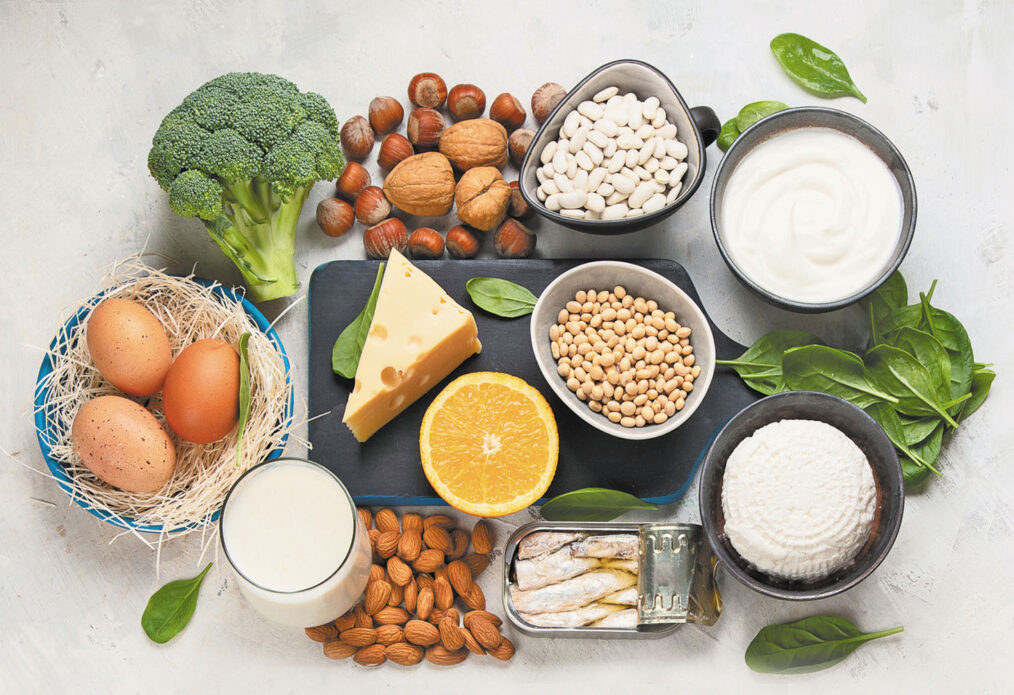People started paying more attention to children’s health after scientists found out that food from supermarkets could be harmful. This is a healthy practice that every new parent should follow when their child starts eating solid food. Today, we will look at what a child needs for proper growth and development for long-term health goals.
Unlocking the Benefits of Folic Acid

Folic acid is important for the proper development of the brain and spine. Many studies have highlighted the lack of folic acid in foods commonly found in regular supermarkets. You can find this acid in natural foods like:
- Dark green leafy vegetables, such as spinach, broccoli, and asparagus
- Legumes, such as beans, peas, and lentils
- Citrus fruits, such as oranges and grapefruit
- Whole grains, such as breads, cereals, and pasta
- Liver
- Eggs
- Dairy products
For women, it is recommended to take 400 micrograms of folic acid daily before and during pregnancy. This is a normal dose for taking this supplement. Children also need it because, as mentioned earlier, it supports brain development, setting the child on the right path.
Essential Iron Supplements
We’ve known since school that iron is important for producing red blood cells. This substance is abundant in organic food grown using traditional methods without toxins and nitrates. In industrial food production characterized by low prices, there isn’t as much iron as advertised on the packaging or in advertisements. Moreover, the iron there is of low quality, which can harm rather than help. If you’re looking for natural sources of iron, you can find it in:
- Dark leafy greens
- Beans
- Tofu
- Nuts and seeds
- Whole grains
Unfortunately, a low level of quality iron can lead to anemia, causing fatigue, paleness, and shortness of breath. Babies who are exclusively breastfed may need an iron supplement after 4 months. You can opt for special options like the best organic European baby food. Their food is rich in high-quality organic iron to support your child’s health.
Vitamin D for Babies

Vitamin D has always been considered a building block for bone development along with calcium. It’s essential for adults, but even more important for children. Some scientific studies have shown that most children currently have a deficiency of this vitamin. This is because children have stopped eating exclusively organic foods and have switched to synthesized baby foods, which are cheaper and readily available in any nearby supermarket. Irresponsible parents are setting a dangerous precedent for their child’s development. You can find a lot of this vitamin in:
- Fatty fish
- Egg yolks
- Fortified milk
- Mushrooms
- Cod liver oil
If your child doesn’t get enough vitamin D, their body won’t be able to absorb calcium properly. This can lead to improper bone formation and a risk of future health problems. This vitamin is especially important for children who spend most of their time indoors and don’t get enough sunlight. In most cases, our bodies synthesize this vitamin from sunlight.
DHA Supplements
You might not have heard about this beneficial property that both adults and children need. This property is omega-3 fatty acids, and it’s essential for brain and eye development. It’s usually found in significant amounts in breast milk and high-quality organic baby formulas. In those cheap baby formulas you find at any supermarket, you typically won’t find good quality Omega-3 fats. On the other hand, in the best organic European baby food, you can find a lot of high-quality fats to support your child’s brain development and prevent potential neurological problems. You can also find a good amount of fatty acids in:
- Cold-water fish
- Algae
- Eggs
- Milk
If you give your child poor-quality omega-3 fats, there’s a chance that they may develop health issues as they grow up. Keep this in mind before purchasing any product. Always double-check information because your child’s well-being is at stake.
Building Strong Bones: The Role of Calcium

Calcium goes hand in hand with vitamin D, which we’ve already discussed. It provides various beneficial properties, the most important being strong bones and teeth. If a child lacks calcium, there’s a significant chance they may develop chronic diseases. Here are some organic foods high in calcium:
- Organic dark leafy greens
- Organic broccoli
- Organic canned sardines
- Organic tofu
- Organic almonds
There are also many modern foods that leach calcium from the body. You should be aware of all of them to protect your child from their consumption for as long as possible.
The Vitality of Proper Nutrition
Let’s bring all the facts together to provide you with the concrete benefits of giving your child proper nutrition.
- Physical growth: Nutrients are necessary for the proper development of a child’s bones, muscles, and organs.
- Brain development: The early years of a child’s life are crucial for their brain development. Nutrients play a significant role in cognitive development, which affects future intellectual potential.
- Immune system support: Nutrition helps strengthen a child’s immune system.
- Energy and endurance: Organic food provides calories and carbohydrates to support physical activity.
- Healthy weight control: Organic food helps children maintain a healthy weight, reducing the risk of health problems.
- Cognitive function: Proper nutrition is linked to improved concentration, memory, and cognitive abilities.
- Emotional and behavioral well-being: Nutrient imbalances can affect a child’s mood and behavior. Diets high in sugar and processed foods can contribute to mood swings and behavioral issues.
- Formation of healthy habits: Children who receive diverse nutrient-rich foods are more likely to choose healthy eating as they grow up.
- Overall health and longevity: Children who receive full organic nutrition are more likely to maintain good health throughout their lives, reducing the risk of chronic diseases.
All of these benefits are significant for a caring parent who is concerned about their child’s health.
In Conclusion
Take care of your child’s health right from the beginning of their life. The moment when you can make a difference is quite delicate. You need to prioritize high-quality nutrition from the very start, and not every company that produces organic products can provide that. By doing so, you are investing in a healthy future for the next generation.




